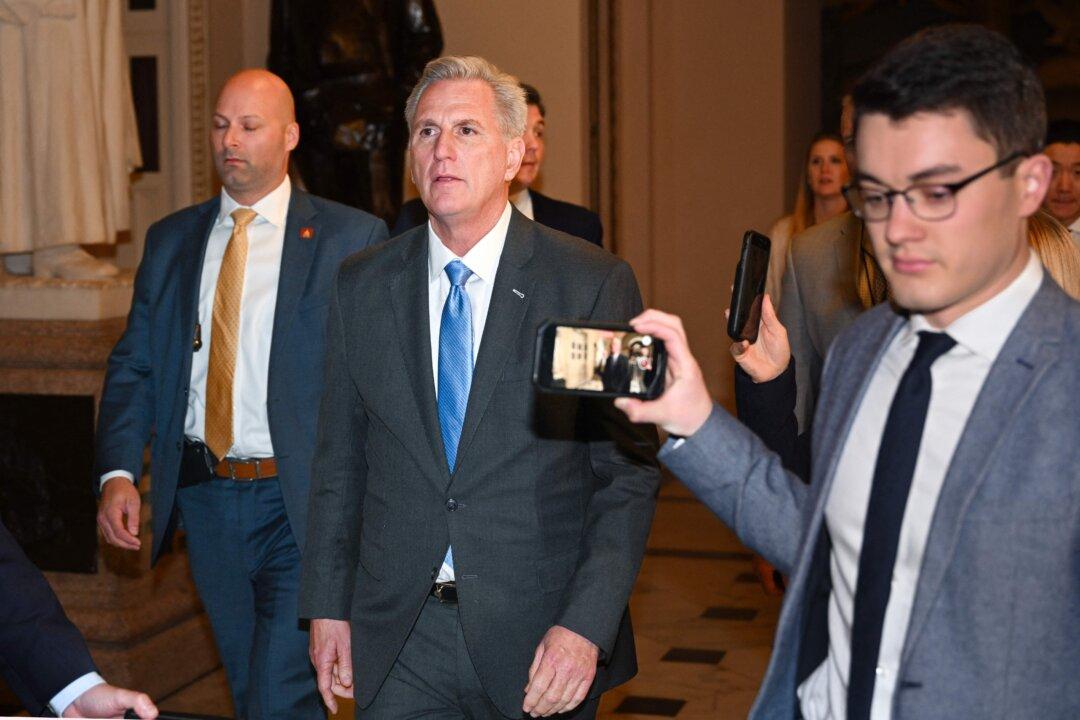House Speaker Kevin McCarthy (R-Calif.) previewed Republicans’ strategy regarding how to handle the U.S. debt limit after Treasury Secretary Janet Yellen warned that the limit will be reached next week.
Analysts say the debt ceiling battle will turn into a political showdown, with some Republicans tying raising the debt limit with other provisions. Some said that a debt limit deal should include spending cuts.





